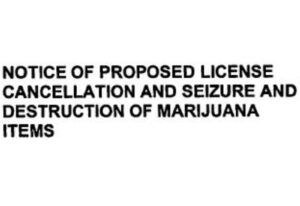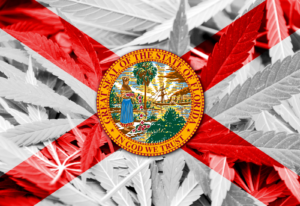New York snuck a pretty significant tax break for cannabis businesses into its 2022 budget. The Revenue Bill included a state tax deduction for cannabis related business expenses that are currently disallowed by § 280E of the federal tax code. We have seen this strategy in other “canna friendly” states and it’s a welcome development.
Under the Revenue Bill, federal tax deductions that are prohibited by Section 280E of the Internal Revenue Code related to “trafficking” in a schedule I controlled substance can be factored for computing net income for state taxation purposes. Eligible expenses cannot have been used as the basis for any other tax deduction, exemption or credit.
The language in the Revenue Bill is an offshoot of S7518, introduced by New York Senator Jeremy Cooney, which would have had the same effect. As we noted in our post on S7518:
“the impact of S7518 would be significant. By allowing cannabis businesses to deduct their operating expenses at the state level, the legislation would allow them to operate like legitimate business in New York.”
The same applies for the language in the Revenue Bill. Section 280E of the Internal Revenue Code is a significant financial impediment to cannabis business, as the federal tax law prohibits cannabis businesses from deducting or crediting any amount pair or incurred as part of operating its business, outside of what can be captured in “costs of good sold.” (You can read a few of our other posts on Section 280E here, here, here, here and here).
It may seem like a dry piece of legislation, but this is a big deal. The justifications for the proposed S7518 apply here: allowing deductions promotes social equity and a competitive business environment by lowering the cost of doing business. Presumably, large multi-state operators who can afford to pay the higher effective tax rate will have one less advantage in the imminent New York market.
Stay tuned for further developments in New York’s adult-use cannabis industry.
























